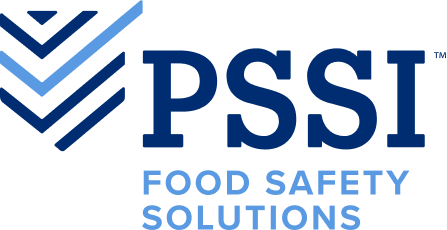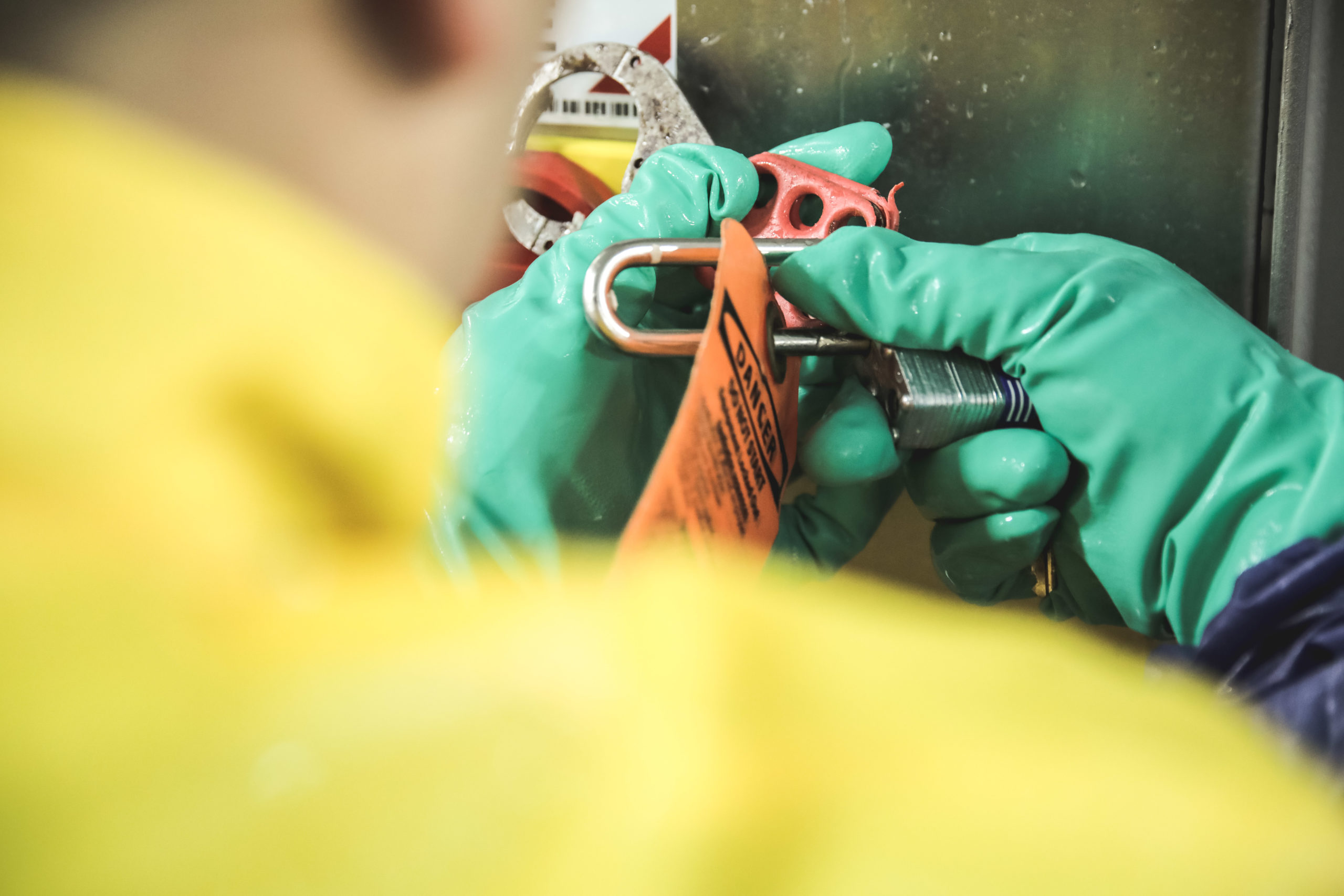Employee safety and culture play a critical role in the success of sanitation.
Simply said, people who feel safe, supported and motivated by their leadership team work smarter. Fewer injuries results in less downtime and disruption, which ultimately leads to more consistent sanitation and on-time plant transitions. It is a ripple effect that, when done right, can have an incredibly positive impact across our industry.
However, it can be much easier said than done for many businesses across our industry where employees are in dangerous, high-stress environments on a daily basis. Safety is difficult to manage without the right culture, and a culture is difficult to change when safety is not valued.
It’s a balancing act that requires a methodical approach not only to build, but also maintain a positive safety culture over a long period of time.
Our team at PSSI is united around our commitment to safety. From the top down, we prioritize safety as the core of our business. We work hard to ensure every single employee feels prepared and confident to execute their work skillfully every day, without having to sacrifice their own safety or the safety of their team members.
“This type of top-down culture is what drives success,” said Todd Mitchell, VP of Safety at PSSI. “When employees feel valued and they value their team members, they work more efficiently to deliver consistent results.”
As part of our focus on continuous improvement, we also invest in sophisticated data and analytics to pinpoint key areas of focus to take a more proactive approach to safety. Our safety team regularly studies key performance indicators like OSHA Recordable Rates (ORR) and Loss Time Rates (LT) in detail to identify specific causes of injuries. They look into things like the time of injury, area of the plant, type of injury, etc. to pinpoint key areas of improvement. The data enables our team to customize our training, safety protocols, or develop new engineering solutions if needed.
We use this information to implement safety programs focused on specific hazards that we can work to avoid. These programs are also designed to keep employees engaged and motivated by celebrating small safety wins in a specific area each day, which supports a positive culture as well.
“Using data to breakdown safety into actionable initiatives has been a game-changer,” said Rob Lowe, Senior Safety Director at PSSI. “When our team members are focused on a goal, they look out for each other and motivate each other to work smarter.”
As an example, the team recently discovered through data analysis that a large majority of injuries were resulting from drain incidents. So, the team worked together to make adjustments to the training and procedures around drain cleaning across the company that has resulted in a significant decrease in injuries and LT.
While our team has seen great success in using data to drive innovation, the next evolution is being able to use analytics to prevent injuries before they happen. This includes new leading indicator initiatives, such as video monitoring, hazard recognition and ‘near miss’ reporting that we’ve started implementing across our company to become even more proactive in our pursuit to protect employee safety.
It has been a journey for our business in shifting from a reactive safety culture to a proactive safety culture, but we are proud of the advancements being made every day. We have set the bar across the industry with one of the most respected Safety teams in the industry. Our Safety team not only works tirelessly to protect our team, but extends their service and expertise to help our partners advance the safety for their own employees across the food processing industry.
We are in this together and look forward to continuing leading a strong, unified team who works smart to deliver consistent results on a daily basis.

